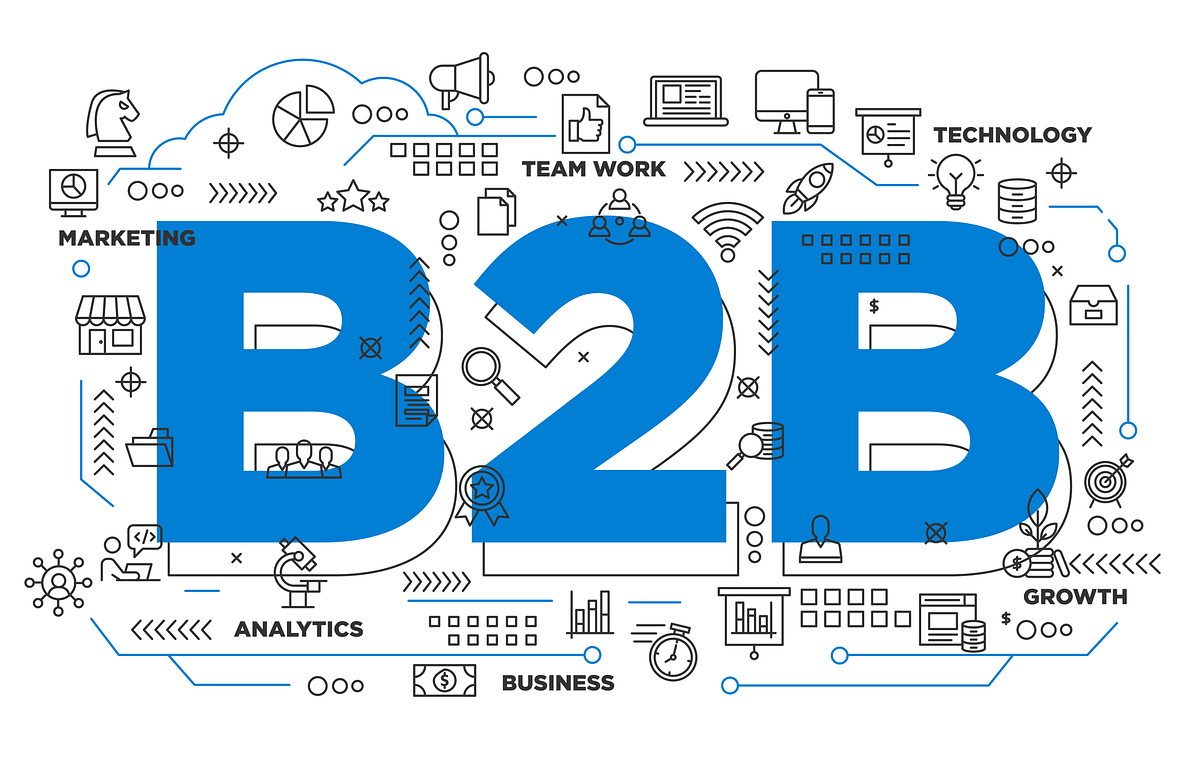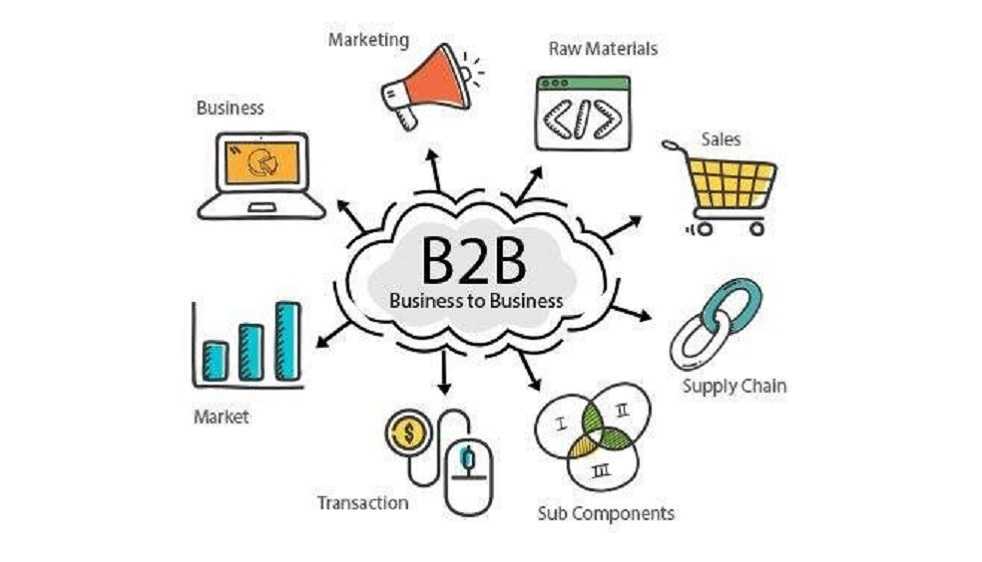Introduction
In the realm of business-to-business (B2B) transactions in the UK, establishing clear and comprehensive standard service terms is essential for defining the rights and obligations of parties involved. These terms serve as the foundation for contractual relationships, ensuring clarity, consistency, and legal protection for both parties. In this expert guide, we’ll delve into the key components and considerations for drafting standard service terms of business aligned with the laws of England and Wales.
Understanding Standard Service Terms
Standard service terms, also known as terms and conditions or service agreements, outline the terms upon which a business provides goods or services to another business. These terms cover various aspects of the business relationship, including payment terms, delivery schedules, warranties, liabilities, and dispute resolution mechanisms. By setting out these terms in writing, businesses can minimize misunderstandings and disputes, fostering smooth and efficient transactions.

Key Components of Standard Service Terms
Scope of Services
Clearly define the scope of services or products to be provided, including any limitations or exclusions. Specify the deliverables, timelines, and performance standards expected from both parties.
Payment Terms
Outline the payment terms, including pricing, invoicing procedures, payment methods, and any applicable taxes or additional charges. Specify any penalties for late payment or default.
Intellectual Property Rights
Clarify ownership and usage rights of any intellectual property, including copyrights, trademarks, or proprietary information, created or shared during the course of the business relationship.
Confidentiality and Data Protection
Include provisions to protect confidential information exchanged between parties and ensure compliance with data protection laws, such as the General Data Protection Regulation (GDPR).
Warranties and Liabilities
Define the warranties provided by the service provider, limitations of liability, and procedures for handling defects or non-conformance. Specify the extent of liability for damages or losses incurred by either party.
Termination and Renewal
Establish conditions under which either party can terminate the agreement, including notice periods and consequences of termination. Address renewal terms and conditions for extending the agreement beyond the initial term.
Dispute Resolution
Specify mechanisms for resolving disputes, such as negotiation, mediation, or arbitration. Identify the governing law and jurisdiction for any legal proceedings arising from the agreement.
Compliance with UK Laws and Regulations
When drafting standard service terms of business in the UK, it’s crucial to ensure compliance with relevant laws and regulations, including the Sale of Goods Act, Consumer Rights Act, and relevant industry-specific regulations. Consider seeking legal advice to ensure that your terms are enforceable and adequately protect your interests under English and Welsh law.
Conclusion
Developing standard service terms of business tailored to B2B transactions in the UK is a critical aspect of establishing clear and mutually beneficial relationships with clients and suppliers. By addressing key components such as scope of services, payment terms, intellectual property rights, and dispute resolution mechanisms, businesses can mitigate risks, enhance transparency, and promote trust and confidence in their dealings
Standard Service Terms of Business (B2B) Template
Definitions
- Define key terms used throughout the agreement to ensure clarity and consistency in interpretation.
Scope of Services
- Clearly outline the services to be provided, including deliverables, timelines, and any limitations or exclusions.
Payment Terms
- Specify the pricing structure, invoicing procedures, payment schedule, and any applicable taxes or additional charges.
Intellectual Property Rights
- Clarify ownership and usage rights of any intellectual property created or shared during the course of the business relationship.
Confidentiality and Data Protection
- Include provisions to protect confidential information exchanged between parties and ensure compliance with data protection laws.
Warranties and Liabilities
- Define the warranties provided by the service provider, limitations of liability, and procedures for handling defects or non-conformance.
Termination and Renewal
- Establish conditions under which either party can terminate the agreement, including notice periods and consequences of termination. Address renewal terms and conditions.
Dispute Resolution
- Specify mechanisms for resolving disputes, such as negotiation, mediation, or arbitration. Identify the governing law and jurisdiction for legal proceedings.
Governing Law and Jurisdiction
- Clearly state the governing law and jurisdiction that will apply to the interpretation and enforcement of the agreement.
General Provisions
- Include miscellaneous provisions addressing matters such as assignment, waiver, severability, and amendment of the agreement.
Signatures
- Provide space for authorized representatives of both parties to sign and date the agreement, indicating their acceptance of the terms and conditions
- Pay-Per-Click Management Service Agreement - July 18, 2024
- Website Minor Work Agreement - July 15, 2024
- Website Design Change Order Form - July 15, 2024









